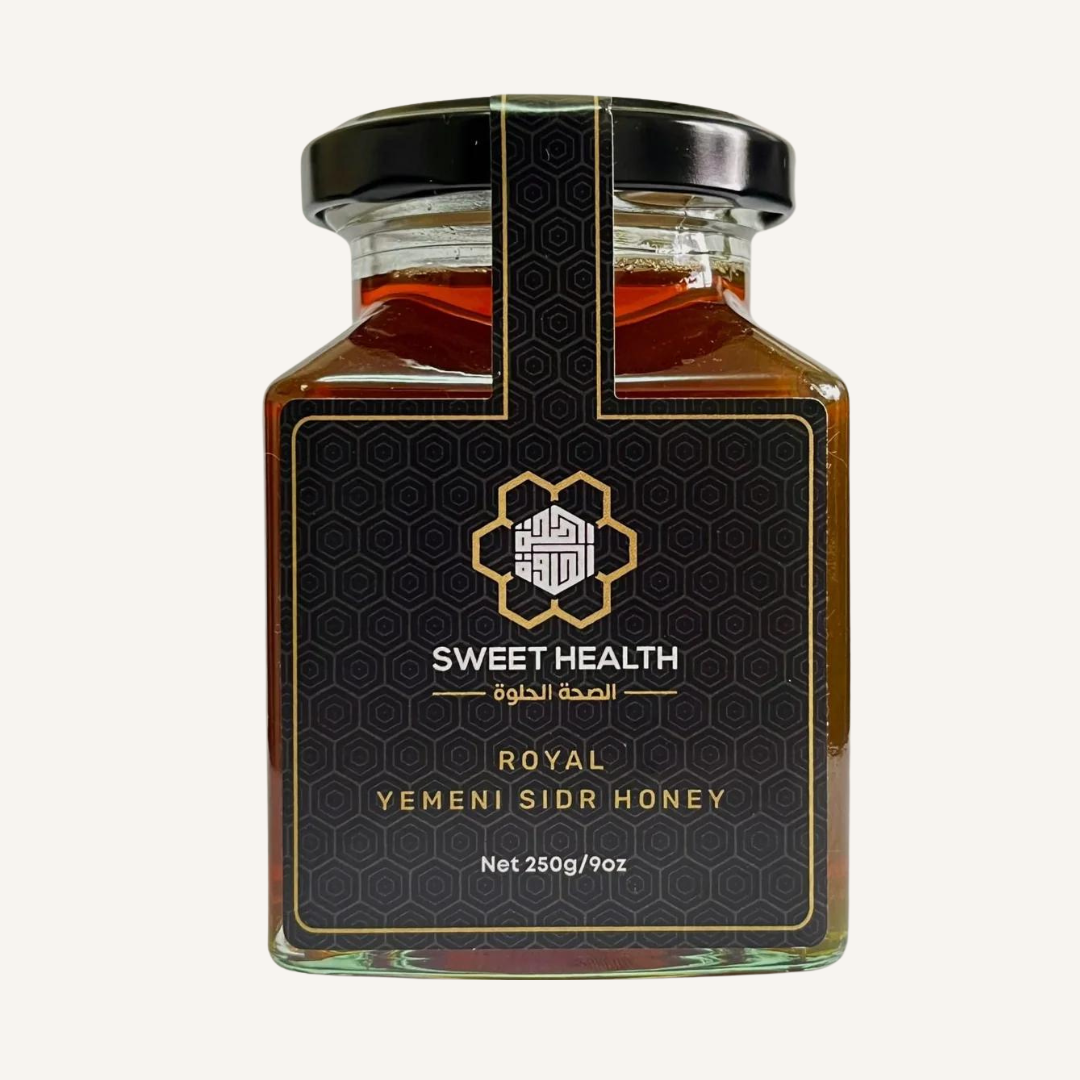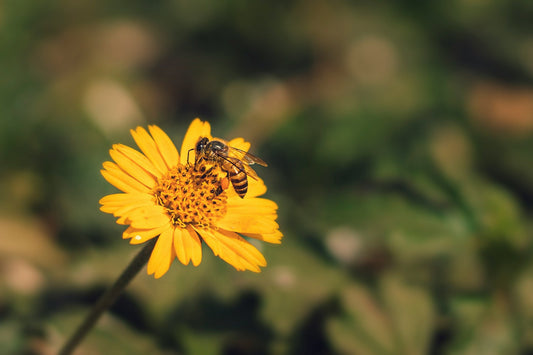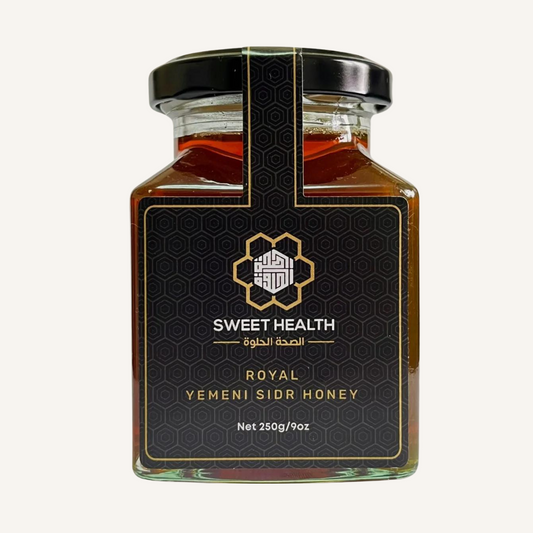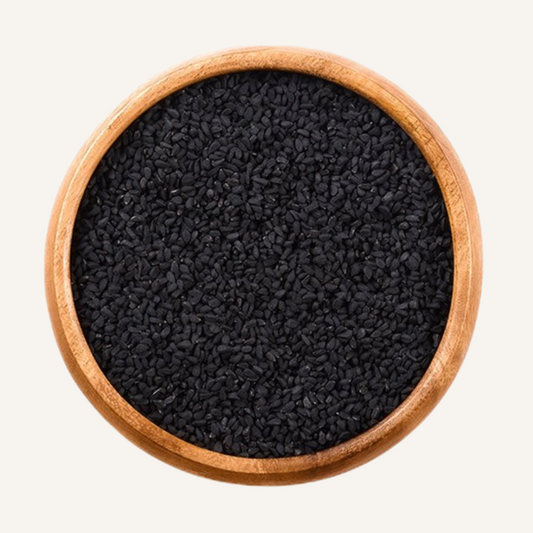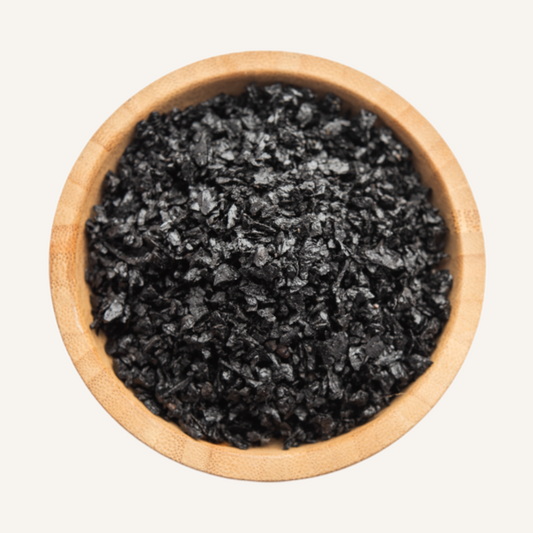
Discovering the True Impact of Organic Food: Is Organic Really Better for the Environment?
Ilyas KhanShare
Introduction
As people become more aware of the impact their choices have on the environment, many are turning to organic products as a more sustainable and eco-friendly option. Organic health products, such as Yemeni sidr honey, black seeds, harmal seeds, Kashmiri kesar saffron, shilajit, and Himalayan pink salt, are often marketed as a more sustainable and environmentally-friendly choice compared to their conventional counterparts. But is this really the case? In this article, we'll take a closer look at the environmental impact of organic health products versus conventional options, and explore some of the pros and cons of each.
Organic food has become increasingly popular in recent years, with many people looking to find healthier alternatives to conventional food. But is organic food really better for the environment? In this article, we’ll dive into the world of organic food, exploring the benefits of organic produce and skin care products, the differences between organic and non-organic farming, and the true impact of organic food on the environment.
What is organic food?
Organic food is food that is produced without the use of synthetic pesticides, herbicides, and fertilizers. It is also free from genetically modified organisms (GMOs), synthetic preservatives, hormones, and antibiotics. Organic food is often grown in soil that has been composted or enriched with natural fertilizers like manure or compost.
Organic food production is regulated by the USDA National Organic Program (NOP), which sets the standards for organic food production and labelling. To be certified organic, the food must be grown and processed according to the NOP’s strict regulations.
Organic food can be expensive, so it’s important to understand the benefits of organic food before making the switch.
Benefits of organic food
Organic food has a number of benefits over conventional food. It is grown without the use of synthetic pesticides and fertilizers, which can be toxic and have negative impacts on the environment. Organic food is also richer in nutrients, with higher levels of vitamins, minerals, and antioxidants.
Organic food is also better for the animals, as it is produced without the use of antibiotics, hormones, or other drugs that are used to speed up growth and weight gain in animals.
Organic food is also better for the environment, as it is produced without the use of synthetic fertilizers, which can run off into water sources and cause algal blooms.
Organic food vs. non-organic food
Organic and non-organic food differ in the way they are grown and processed. Organic food is grown without the use of synthetic fertilizers and pesticides, while non-organic food is grown with the use of synthetic fertilizers and pesticides. Organic food is also free from GMOs, while non-organic food may contain GMOs.
Organic food is also typically more expensive than non-organic food, as it is more labour-intensive to produce.
What is the difference between organic and natural?
The terms “organic” and “natural” are often used interchangeably, but there is a difference between the two terms. Organic refers to food that has been grown and produced without the use of synthetic fertilizers and pesticides, while natural refers to food that has been minimally processed and is free from artificial ingredients.
Organic food is regulated by the USDA, while natural food is not.
What are natural skin care products?
Natural skin care products are products that are made with natural ingredients, like plant oils, extracts, and herbs. These products are free from synthetic chemicals, fragrances, and preservatives, and are typically more gentle on the skin. Natural skin care products are also free from animal testing, making them a great choice for people looking for cruelty-free options.
Is organic food really better for you?
Organic food is generally considered to be healthier than non-organic food. Organic foods are free from synthetic pesticides and fertilizers, and may contain higher levels of vitamins and minerals. However, it’s important to note that organic food is not necessarily healthier than non-organic food, as all food is subject to contamination.
Is organic food better for the environment?
Organic farming is better for the environment than conventional farming, as it does not use synthetic fertilizers and pesticides. Organic farming also has a lower carbon footprint than conventional farming, as it does not use fossil fuels for production. Organic farming also has a greater biodiversity than conventional farming, as it promotes natural pest control and encourages the growth of beneficial insects.
Organic vs. non-organic farming methods
Organic farming is a sustainable method of farming that focuses on improving soil quality and conserving natural resources. Organic farmers use natural methods to control pests and weeds, such as companion planting and crop rotation. They also use natural fertilizers, such as compost and manure, to enrich the soil.
Conventional farming, on the other hand, relies heavily on synthetic fertilizers and pesticides, which can be toxic to the environment. Conventional farming also relies heavily on monocropping, which can lead to soil depletion and decreased biodiversity.
The true impact of organic food
Organic food has several benefits over conventional food. It is free from synthetic pesticides and fertilizers, which can be toxic to the environment. It is also richer in nutrients, with higher levels of vitamins and minerals. Organic food is also better for animals, as it is produced without the use of antibiotics, hormones, or other drugs that are used to speed up growth and weight gain in animals.
Organic food is also better for the environment, as it is produced without the use of synthetic fertilizers, which can run off into water sources and cause algal blooms. Organic farming also has a lower carbon footprint than conventional farming, as it does not use fossil fuels for production.
Conclusion
Organic food has several benefits over conventional food, including higher levels of vitamins and minerals and lower levels of synthetic pesticides and fertilizers. Organic food is also better for the environment, as it is produced without the use of synthetic fertilizers, which can run off into water sources and cause algal blooms.
Organic food is also better for animals, as it is produced without the use of antibiotics, hormones, or other drugs that are used to speed up growth and weight gain in animals.
Ultimately, organic food is a healthier and more sustainable option than conventional food. If you’re looking to make a positive impact on the environment, organic food is a great choice. So why not switch to organic today and make a difference?
So is organic always the best choice!
